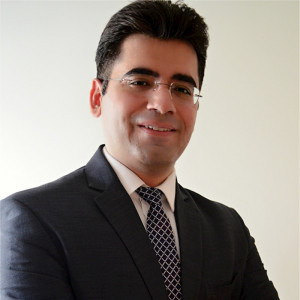Dear All,
I have been invited for the case interview. I need your advice and guidance on how can I prepare for the Deloitte case study for the position of Junior S&O consultant and service line: operational excellence. I have been informed that the case is going to be the longest one and will be given 45minutes to prepare.
Could you provide me the steps to follow to fully prepare for the case round, as I have never appeared for the case interview before?
-Which mathematical knowledge (formulas) I should be well prepared?
-is there any one particular technique or fundamental for the S&O cases.
-What questions to be expected during the case interview,
Thank you in advance and I look forward to your guidance and can be available to practice the cases related to the subject
Regards,








